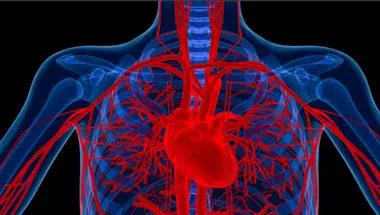
Biography
As an undergraduate at KCL, studied Chemistry and Physics followed by studies for PhD Chemistry (1961 - 1967). Post doctoral fellow at St. Thomas's Medical School (1967 - 1970). Took up an academic position at Essex University (1970 - 1987). Returned to KCL in 1987 as Professor of Medicinal Chemistry. The research focus of Professor Hider's research is centred on iron and gallium chemistry. The research group is involved in transnational research, having introduced deferiprone, CP94, CN128 iron maltol and galiprost into man. One current interest is the targeting of iron chelators to mitochondria.
Research

Drug Discovery
The Drug Discovery Group brings together scientific expertise in a broad range of areas, from medicinal chemistry to systems biology and pharmacology.

Physiological Oxygen Laboratory
Cardiovascular - Physiological Oxygen Laboratory

The Multiscale Biofilm Research Hub (MBRH)
The Multiscale Biofilm Research Hub (MBRH) has been established to promote interdisciplinary interactions and focus microbial biofilm related research at King’s.

Antimicrobial resistance and biofilm therapeutics
Work involves understanding how biofilms contribute to antimicrobial resistance and the creation of new anti-biofilm therapeutics.
Project status: Ongoing
Spotlight
Improved treatment for prostate cancer with new PET imaging technology
Prostate cancer kills over 10,000 men annually in the UK alone. Detecting prostate cancer typically starts through a blood test or biopsy, after which...

Research

Drug Discovery
The Drug Discovery Group brings together scientific expertise in a broad range of areas, from medicinal chemistry to systems biology and pharmacology.

Physiological Oxygen Laboratory
Cardiovascular - Physiological Oxygen Laboratory

The Multiscale Biofilm Research Hub (MBRH)
The Multiscale Biofilm Research Hub (MBRH) has been established to promote interdisciplinary interactions and focus microbial biofilm related research at King’s.

Antimicrobial resistance and biofilm therapeutics
Work involves understanding how biofilms contribute to antimicrobial resistance and the creation of new anti-biofilm therapeutics.
Project status: Ongoing
Spotlight
Improved treatment for prostate cancer with new PET imaging technology
Prostate cancer kills over 10,000 men annually in the UK alone. Detecting prostate cancer typically starts through a blood test or biopsy, after which...

